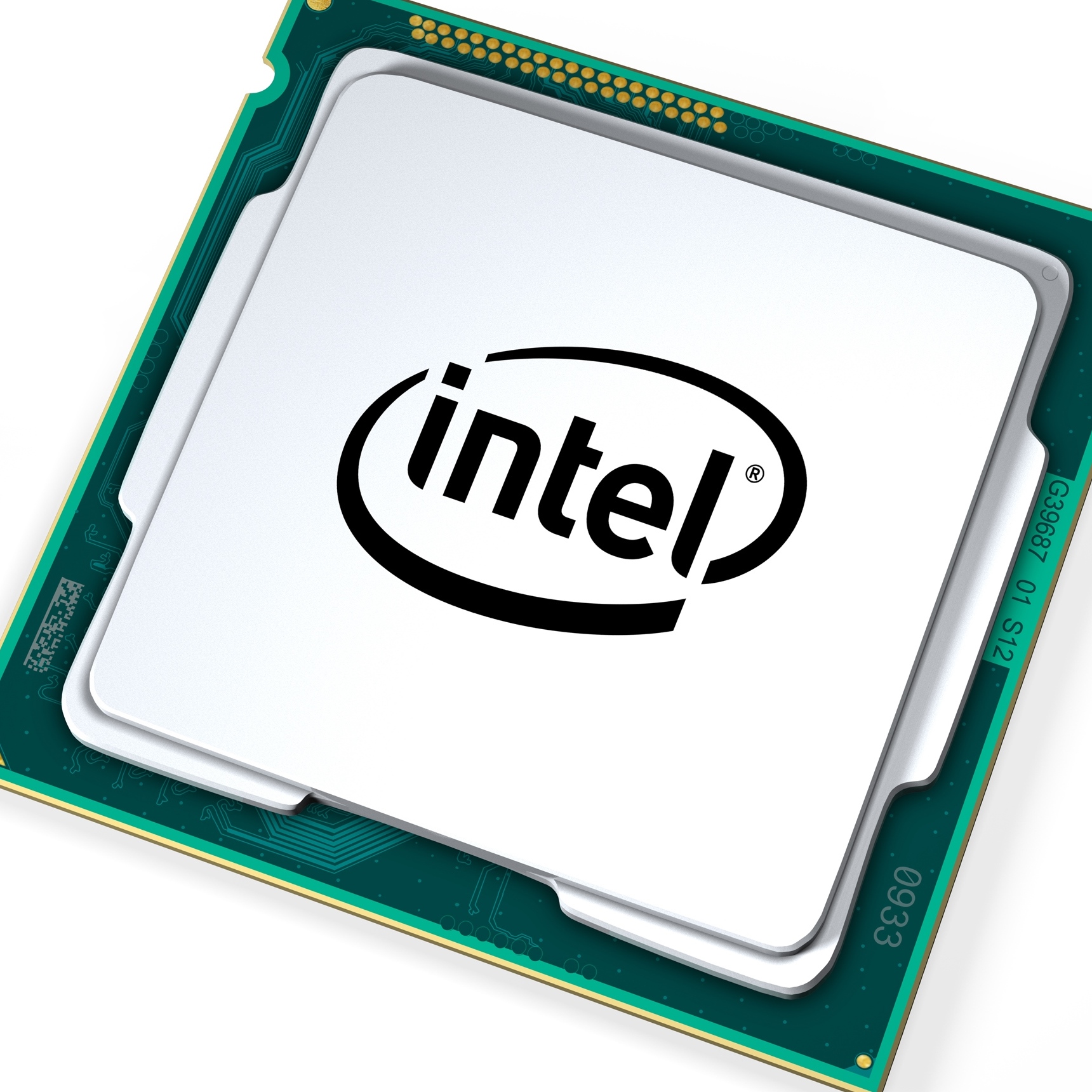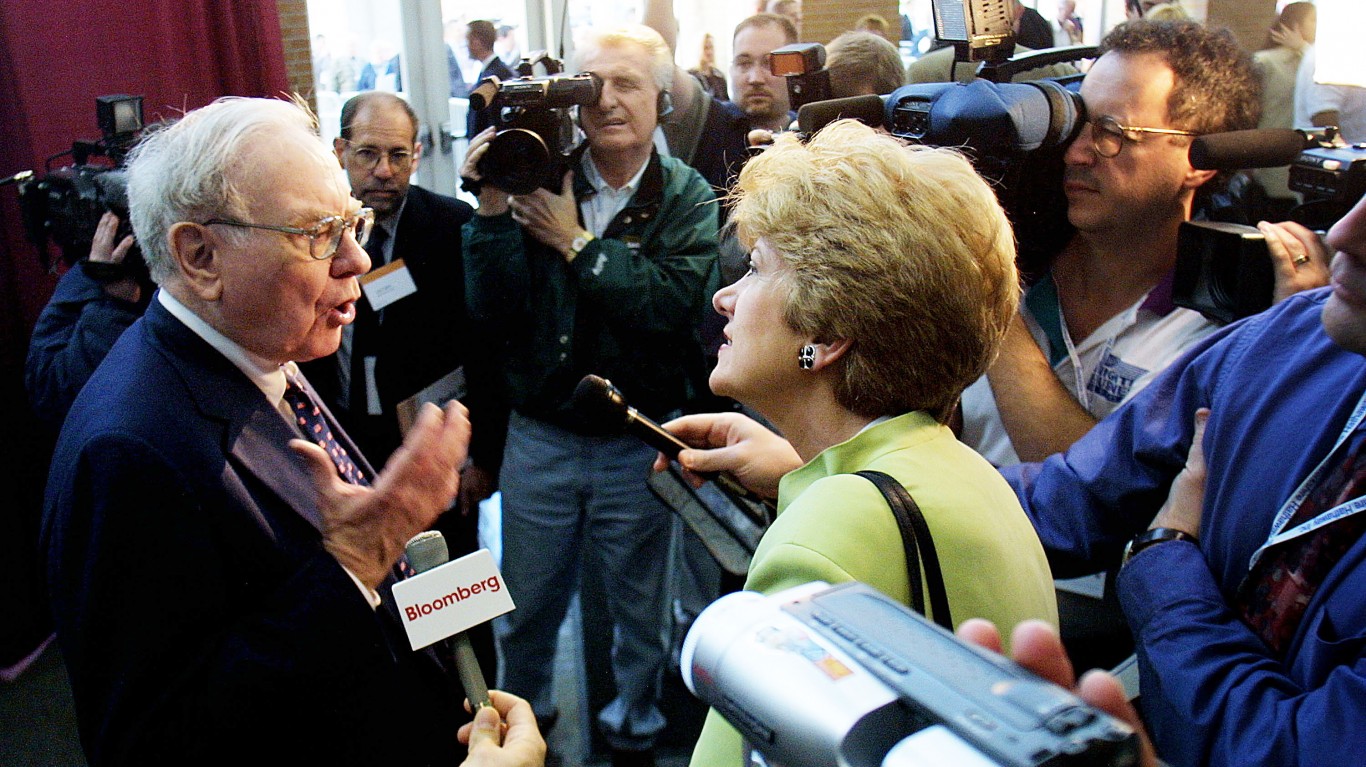
Shorts sellers seemed to grow wary as October wound down and the holiday shopping season and presidential election approached, at least judging by the most shorted stocks traded on the Nasdaq. The number of shares short dwindled for many of them between the October 14 and October 31 settlement dates. But there were a couple of stocks that bucked that trend.
Note that still only two Nasdaq stocks had more than 100 million shares short by the end of the most recent period. In fact, those top two remain very far ahead of the pack.
Frontier Communications
The number of shares short in Frontier Communications Corp. (NASDAQ: FTR) has increased in nine of the past 11 periods. Yet it retreated most recently by less than 2% to more than 231.99 million shares. That was 20.0% of the telecom’s float, as well as the second highest level of short interest in at least a year. The days to cover jumped up to about 16 as the average daily volume dwindled.
Frontier is a Merrill Lynch top pick for its big upside potential. In the latest short interest period, short sellers watched the shares rise almost 6% before settling up only about 2%. The stock has tumbled since then and closed most recently at $3.21. Shares have changed hands between $3.10 and $5.85 in the past year.
Sirius XM
The more than 227.92 million Sirius XM Holdings Inc. (NASDAQ: SIRI) shares short by the end of October was about 10% higher than on the previous settlement date. That was the eighth period in a row of short interest above 200 million shares. Some 13.4% of the company’s float was sold short most recently. At the current average daily volume, it would take more than four days to cover all the short positions.
Sirius declared its first common stock dividend in late October. The company’s shares ended the two-week period less than 2% higher, though they were up more than 3% at one point. The Nasdaq was down fractionally in that same time. The stock has risen about 3% more since and is currently trading more than 5% higher than at the beginning of the year. It closed on Wednesday at $4.29 a share, in a 52-week trading range of $3.29 to $4.44.
MannKind
MannKind Corp.’s (NASDAQ: MNKD) short interest, at around 97.07 million shares most recently, was barely lower than on the prior settlement date. But that was the lowest number of shares short since August, and it was 30.2% of the total float. The daily average volume nearly doubled during the period, and the days to cover dropped from more than 40 to around 24.
MannKind is one of the companies looking to develop an alternative to the EpiPen. Its shares ended the two weeks around 17% lower, despite being up more than 21% at one point. The stock is almost than 68% lower year to date to $0.47. The recent 52-week low is $0.41, and the 52-week high of $3.02 was seen nearly a year ago.
AMD
By the end of month, Advanced Micro Devices Inc. (NASDAQ: AMD) had more than 89.47 million shares short. That was down from more than 96.85 million on the previous settlement date, which was the highest level of short interest since April. The latest reading totaled 12.0% of the company’s float. The days to cover slipped to less than two as the average daily volume increased.
AMD was a growth stock pick at Jefferies during the period, and the ending share price was less than 4% higher than on the previous settlement date, though it was up more than 11% a one point. The stock reached a new 52-week high of $8.00 back in August, and shares closed at $6.94 on Wednesday. The 52-week low is $1.75.
Intel
More than 80.37 million Intel Corp. (NASDAQ: INTC) shares were sold short as of the most recent settlement date, which was the most since May. Short interest grew more than 6% during the period to total 1.7% of the company’s float. As of the end of October, it would take about three days to cover all short positions.
Analysts had mixed reactions to Intel’s most recent quarterly results, and its share price ended the two weeks down about 7% from on the previous settlement date. It is less than 1% higher year to date, and the stock closed at $34.75 on Wednesday. Shares have changed hands between $27.68 and $38.36 apiece in the past 52 weeks.
Opko Health
Opko Health Inc.’s (NASDAQ: OPK) short interest of nearly 72.92 million shares, as of the most recent settlement date, was down almost 2% from the previous period. It also was 21.7% of the total float. The daily average volume shrank for the third period in a row, and by the end of the month, the days to cover had risen to about 30.
The CEO frequently has been buying batches of Opko shares for well more than a year. The stock closed most recently at $9.58, in a 52-week range of $7.12 to $11.85. The share price ended the two-week short-interest period fractionally lower, and it has fallen less than 1% in the past week.
And Others
Rounding out the top 10 again this period were NVIDIA Corp. (NASDAQ: NVDA), Novavax Inc. (NASDAQ: NVAX), BlackBerry Ltd. (NASDAQ: BBRY) and Micron Technology Inc. (NASDAQ: MU). NVIDIA stood out here for its approximately 6% rise in the number of shares short during the settlement period while short interest in the others shrank at least a little.
Tech giants Apple Inc. (NASDAQ: AAPL) and Yahoo! Inc. (NASDAQ: YHOO) also saw modest declines in short interest but lingered just outside the top 10. They were joined by Microsoft Corp. (NASDAQ: MSFT), which saw a sharp gain its shares sold short late last month.
In 20 Years, I Haven’t Seen A Cash Back Card This Good
After two decades of reviewing financial products I haven’t seen anything like this. Credit card companies are at war, handing out free rewards and benefits to win the best customers.
A good cash back card can be worth thousands of dollars a year in free money, not to mention other perks like travel, insurance, and access to fancy lounges.
Our top pick today pays up to 5% cash back, a $200 bonus on top, and $0 annual fee. Click here to apply before they stop offering rewards this generous.
Flywheel Publishing has partnered with CardRatings for our coverage of credit card products. Flywheel Publishing and CardRatings may receive a commission from card issuers.
Thank you for reading! Have some feedback for us?
Contact the 24/7 Wall St. editorial team.





